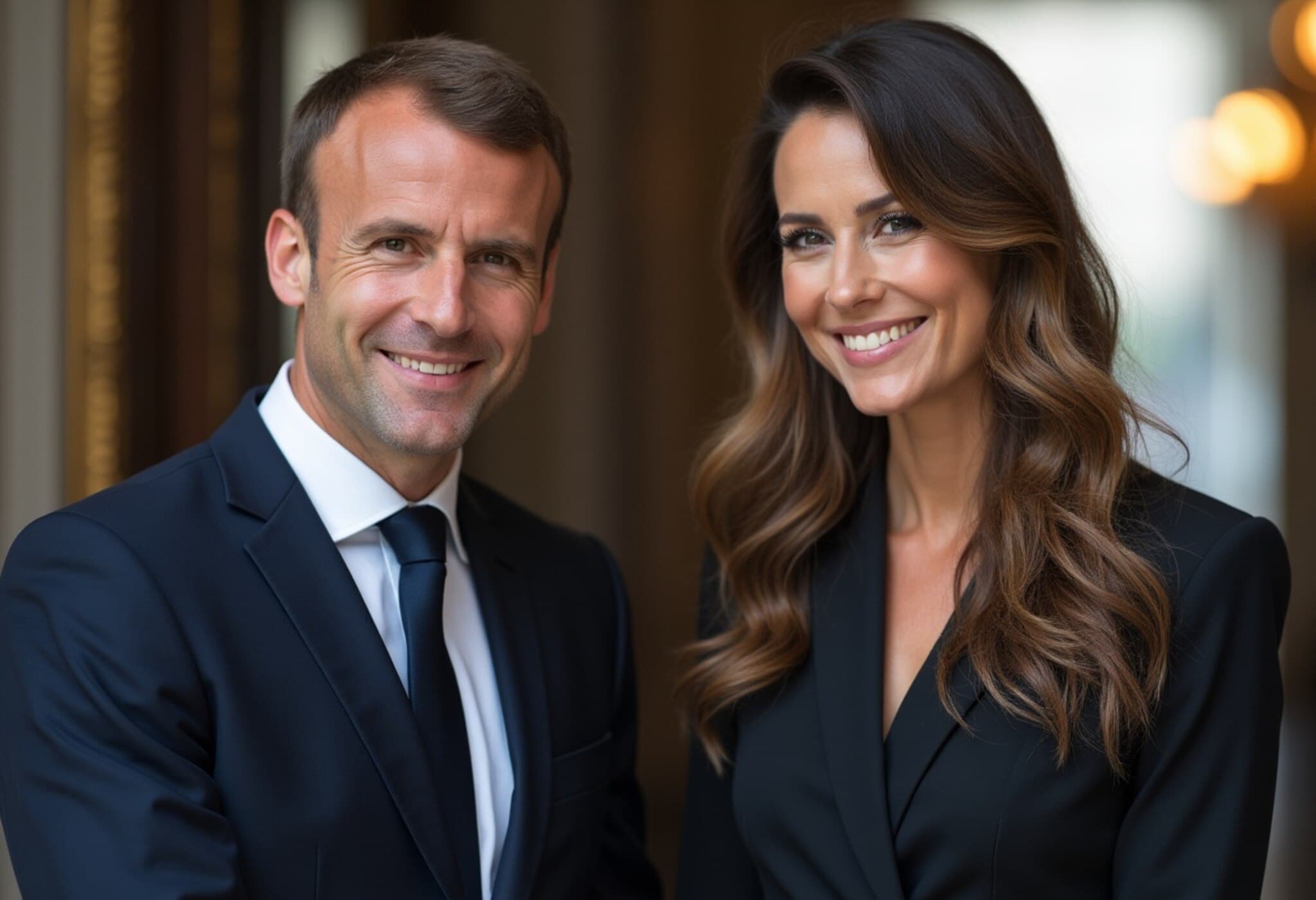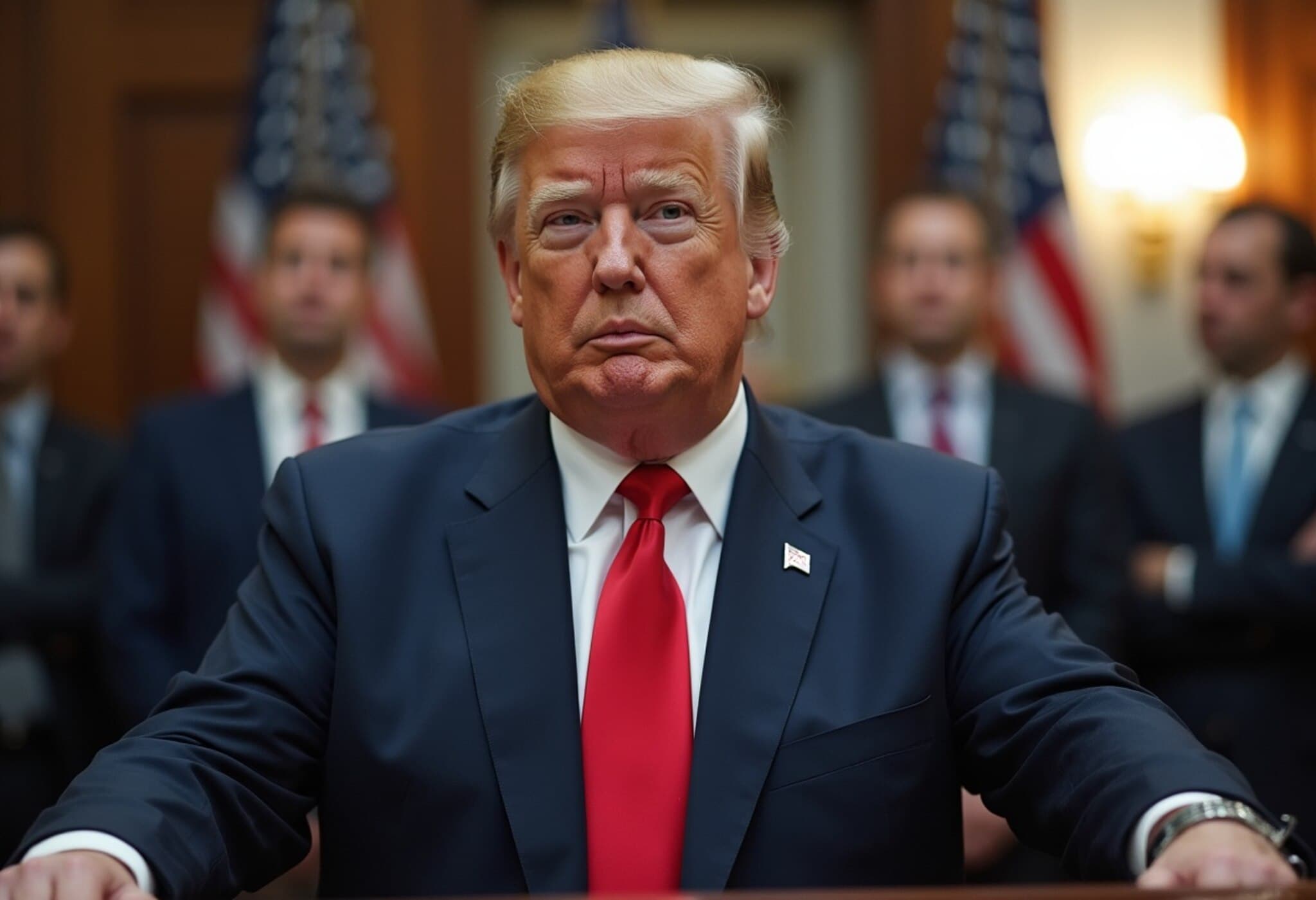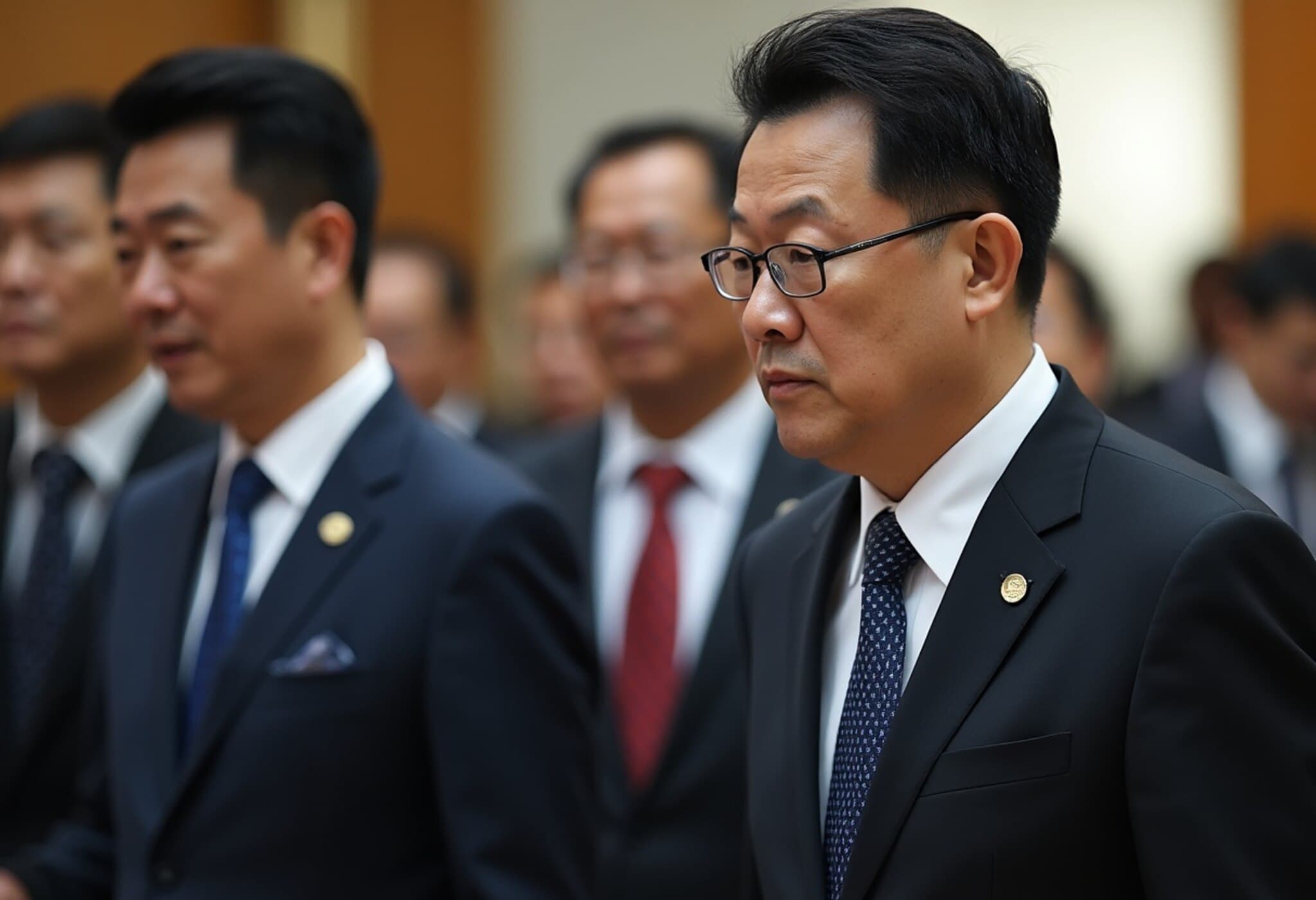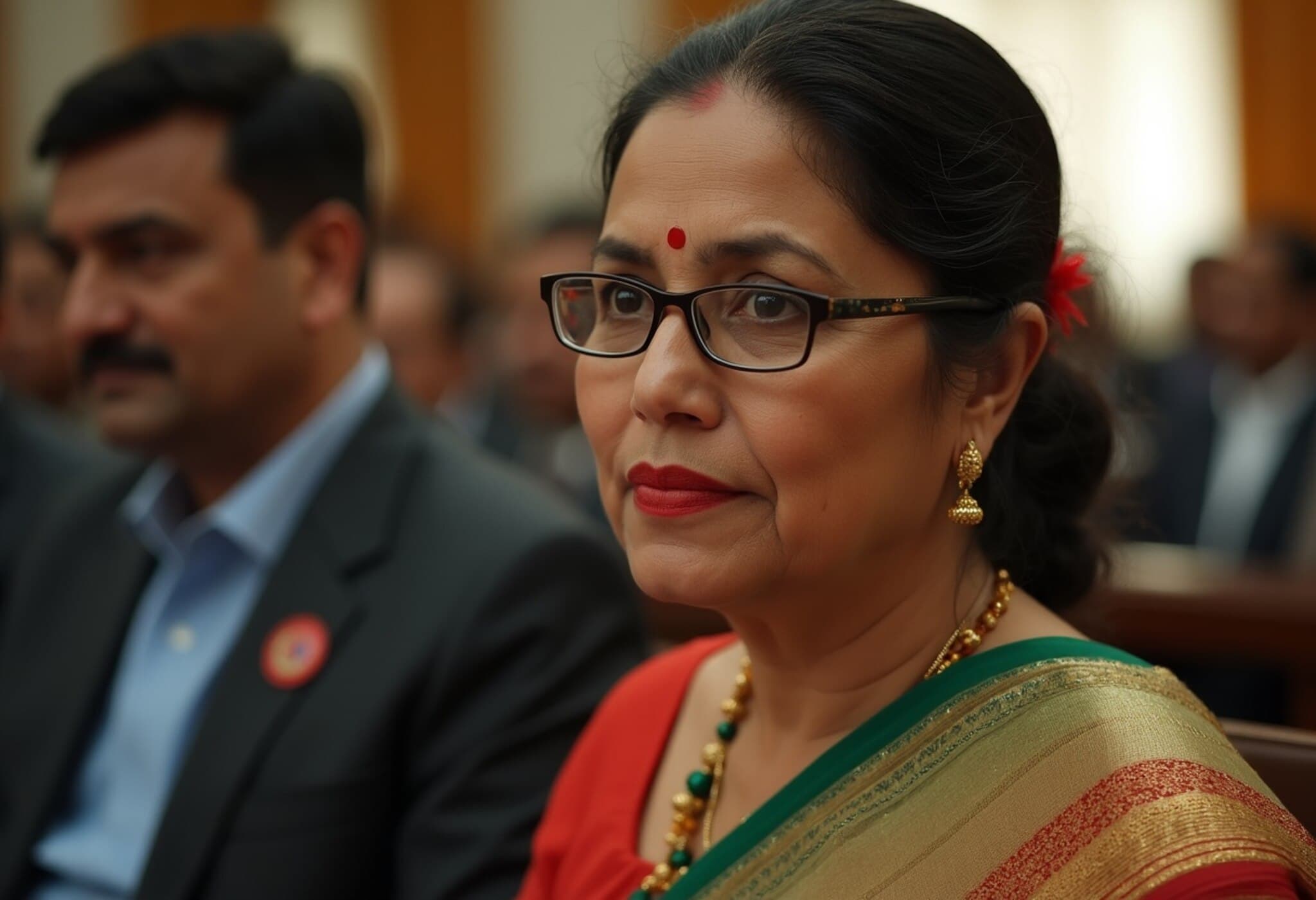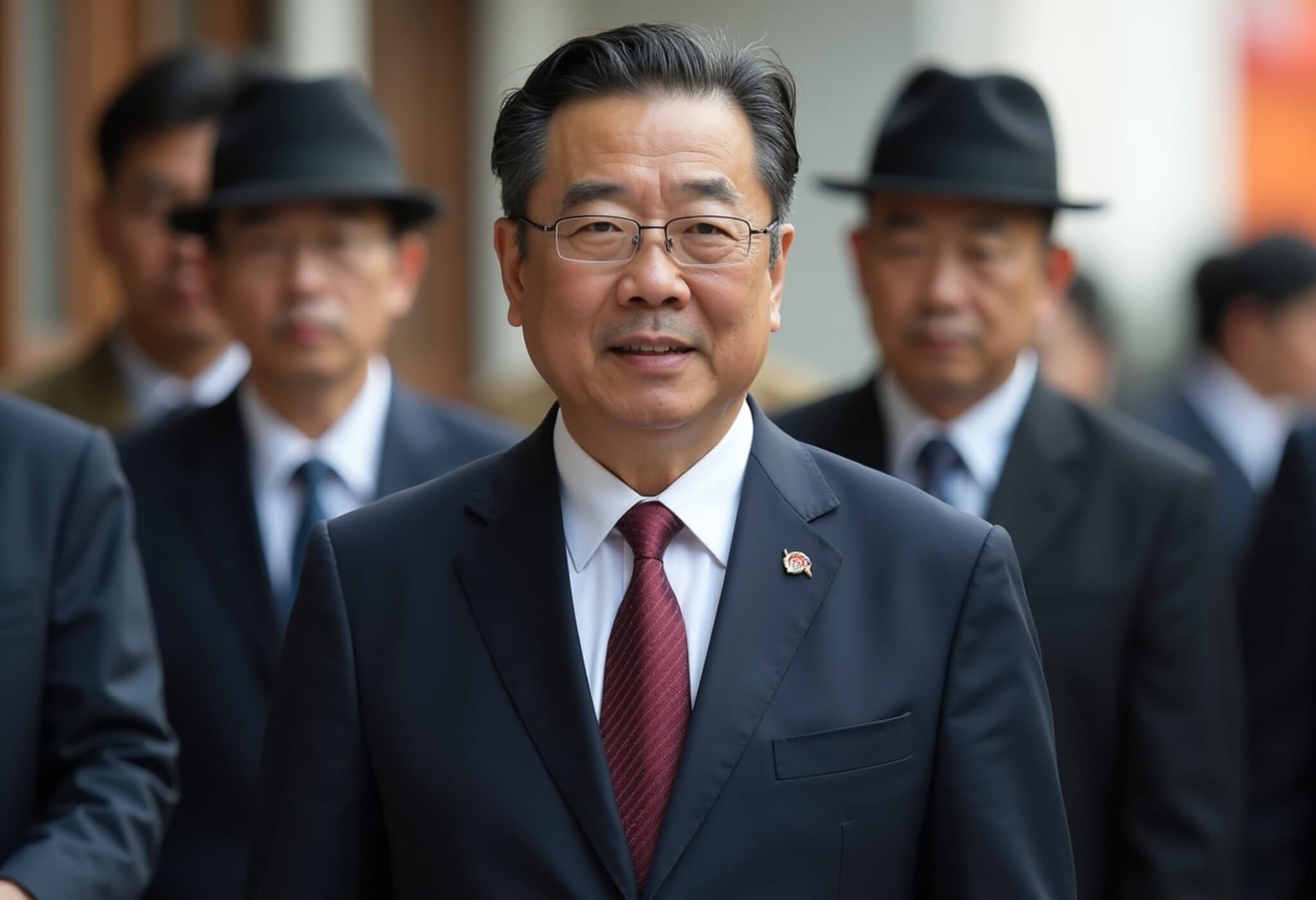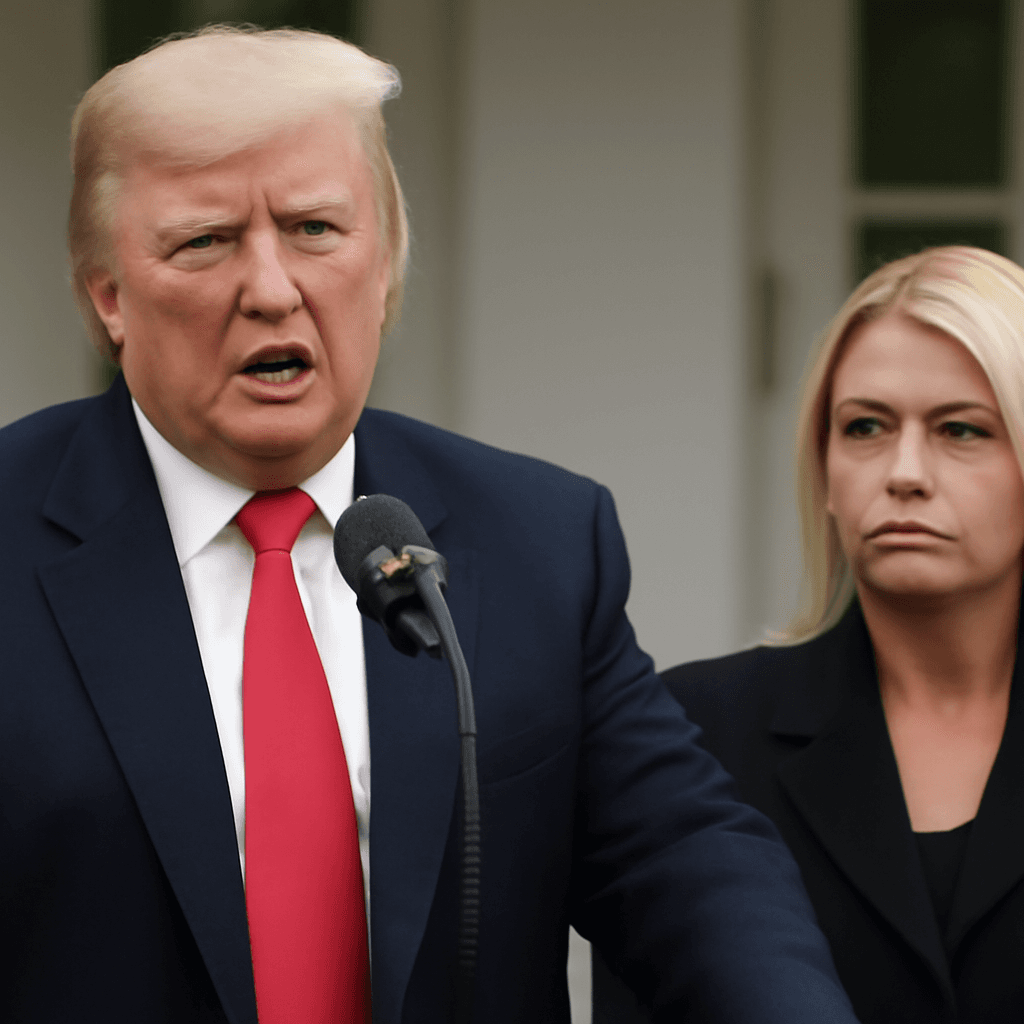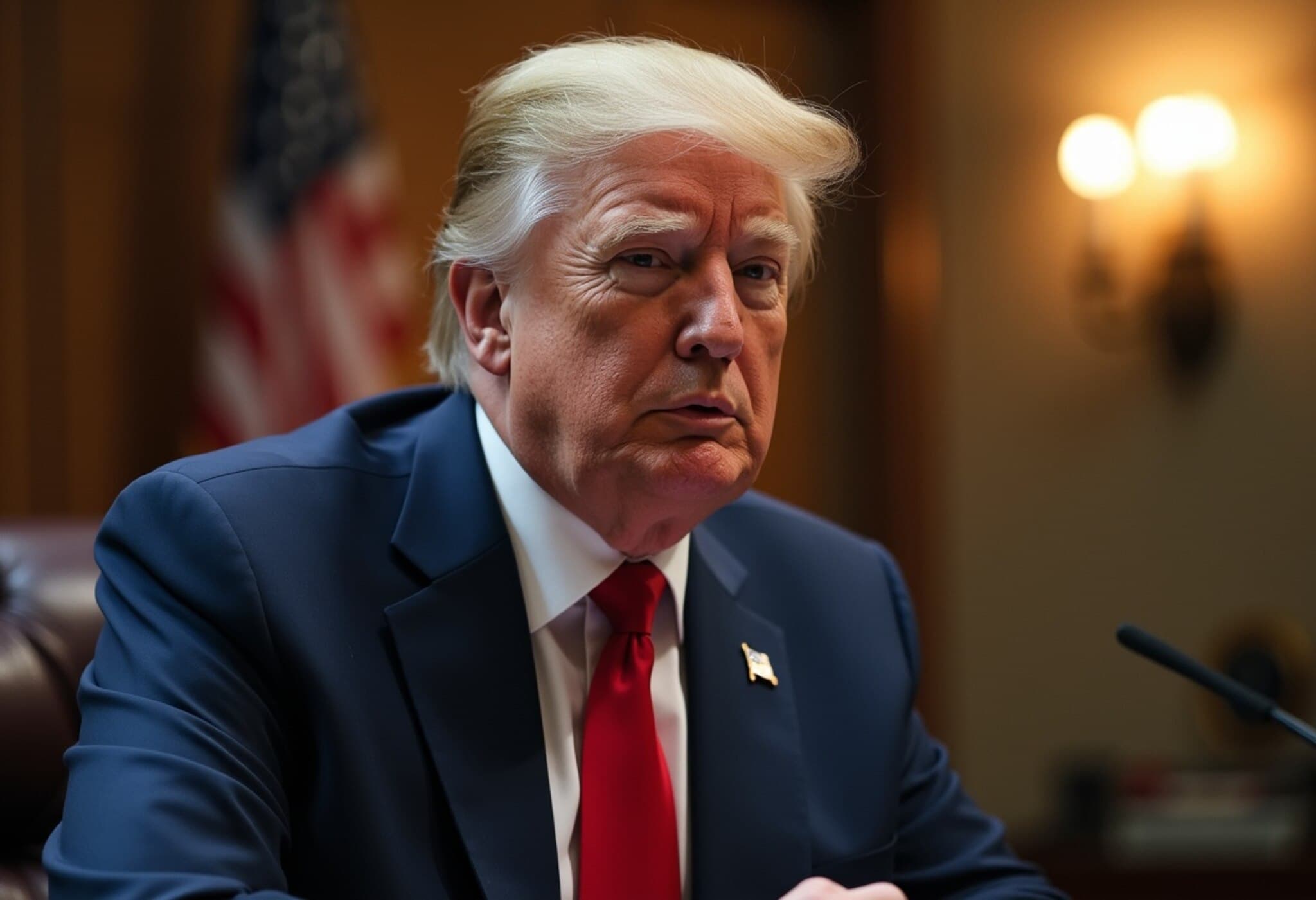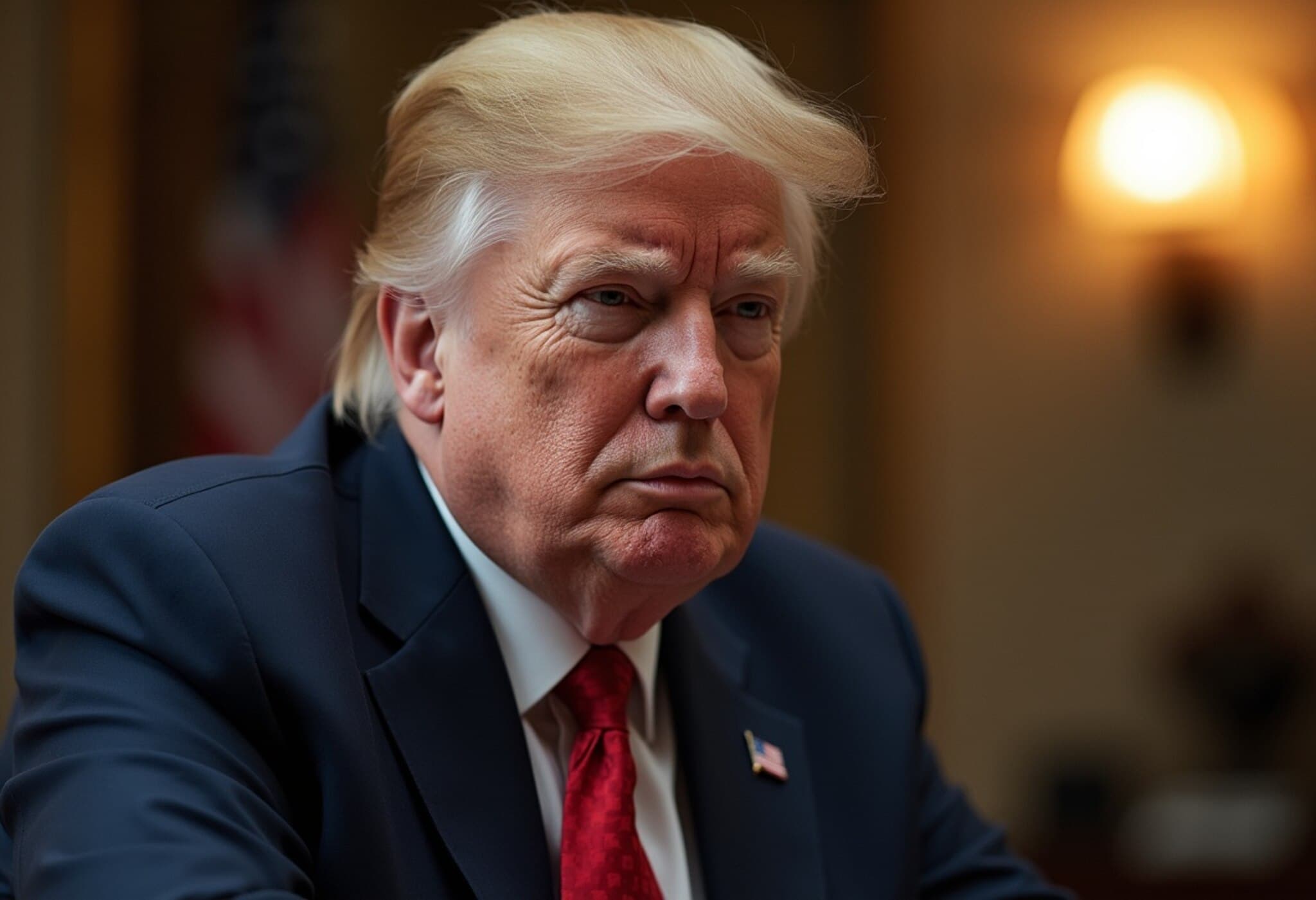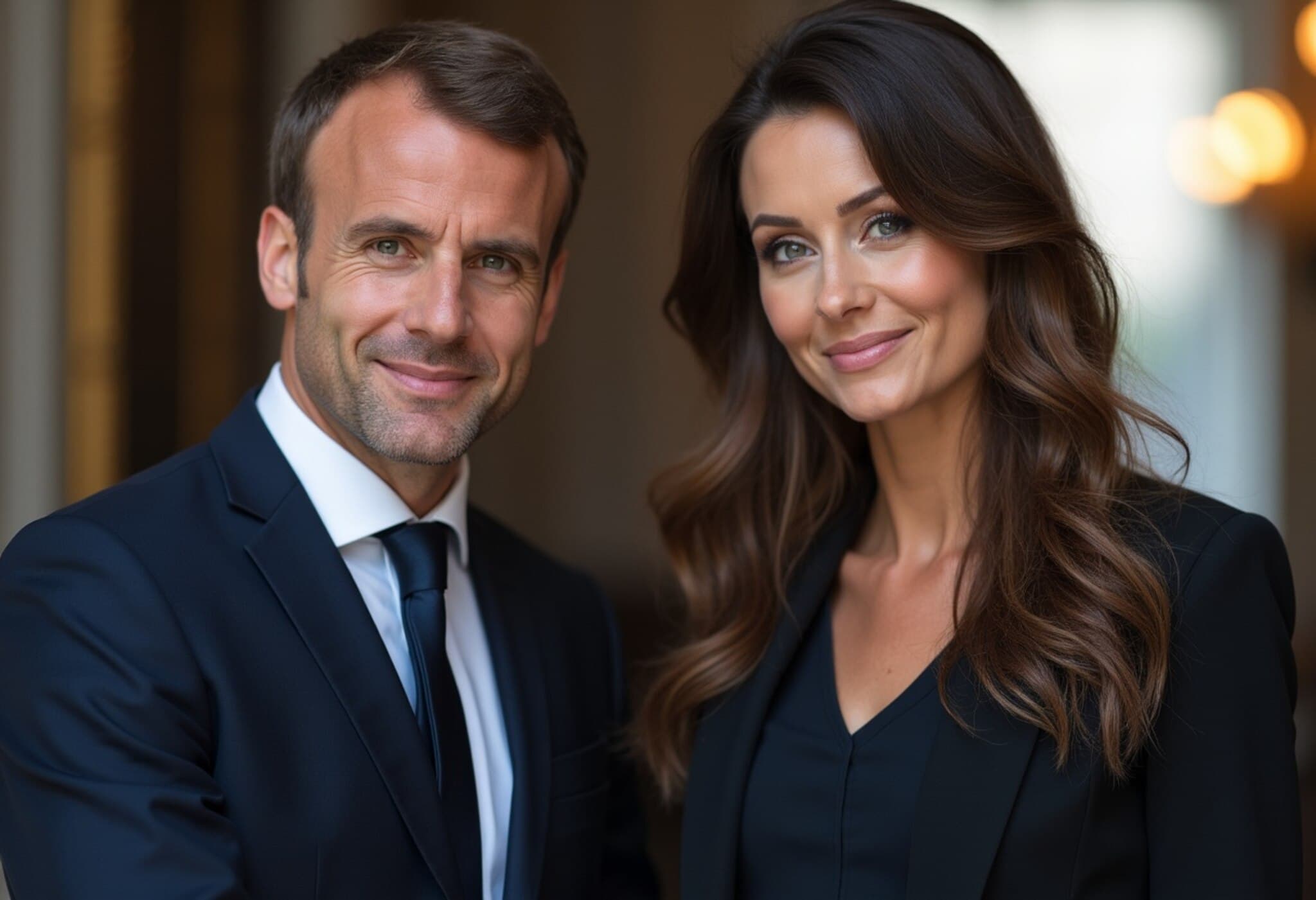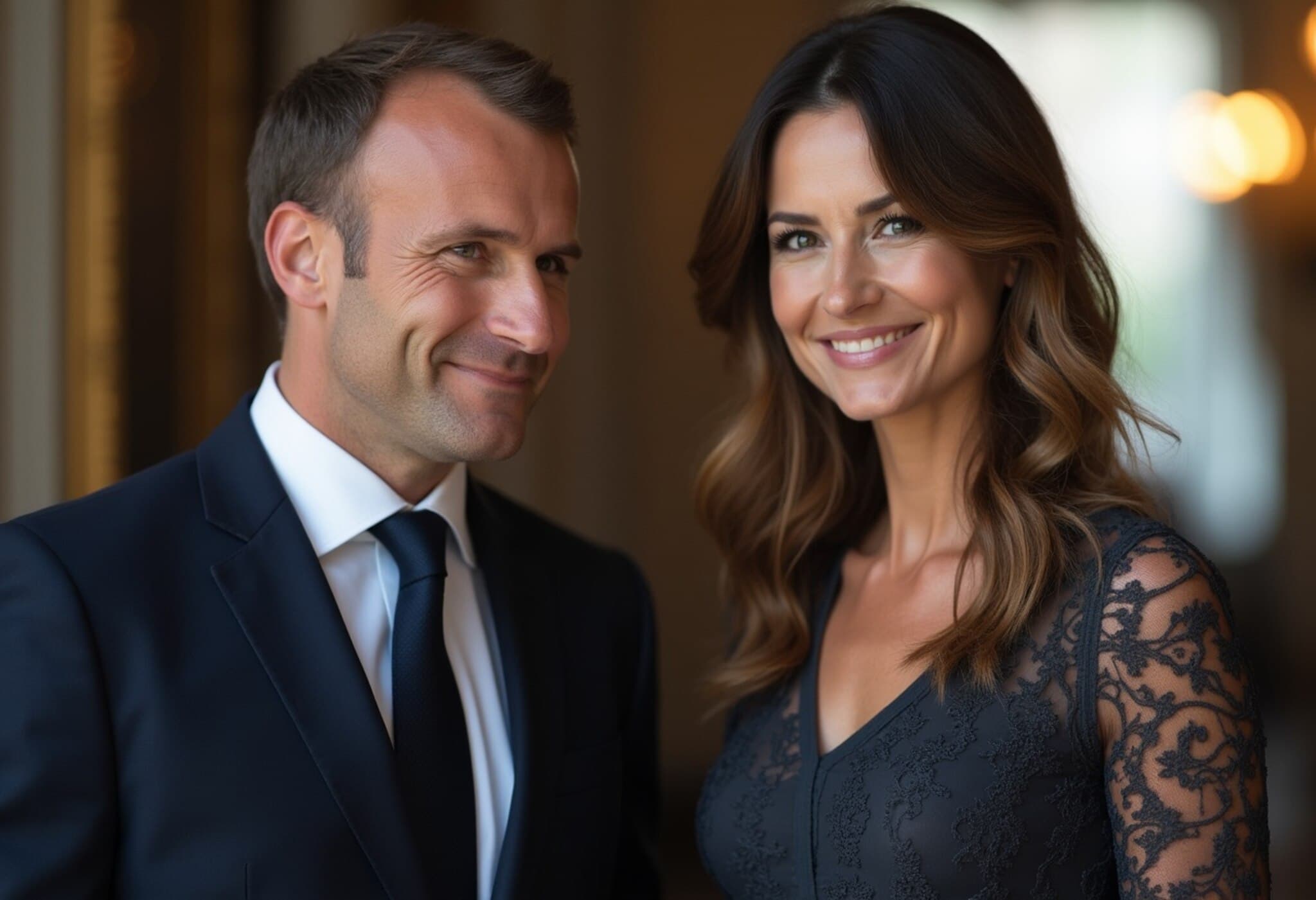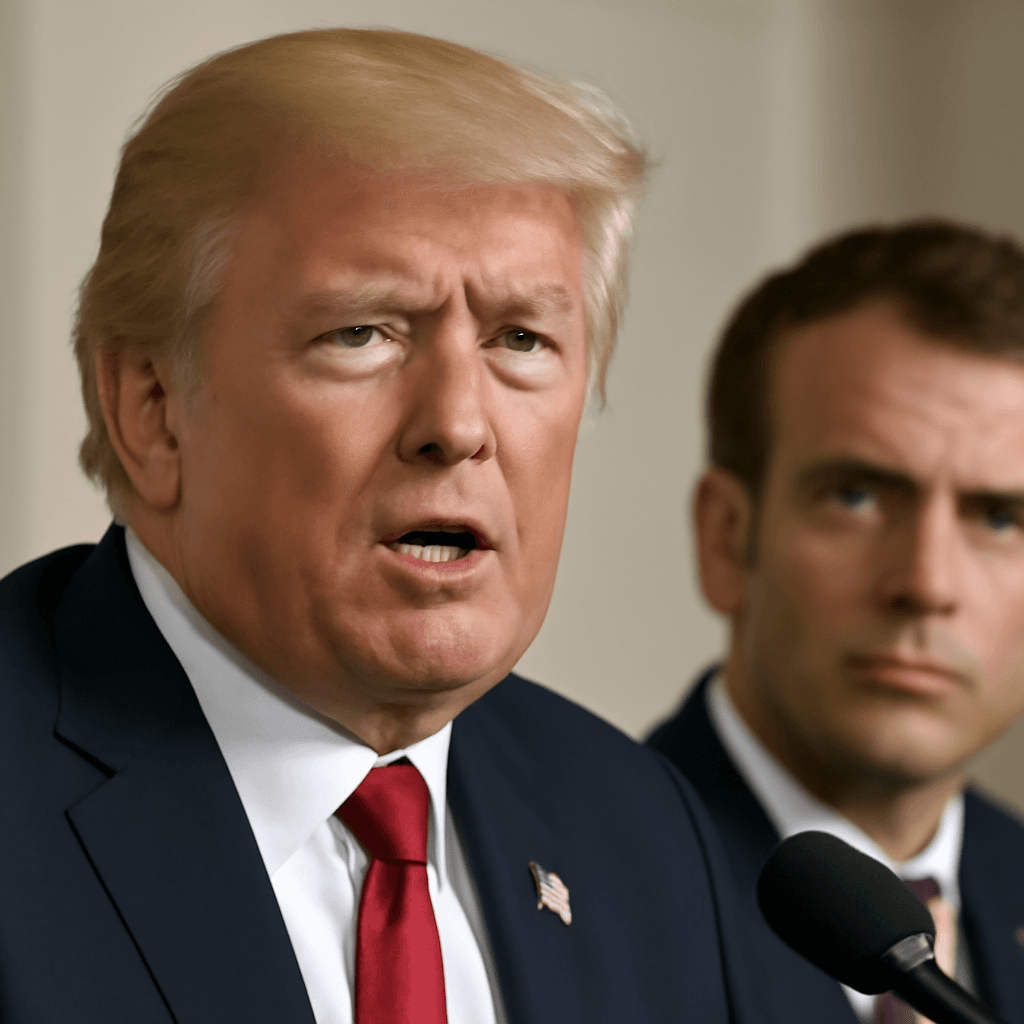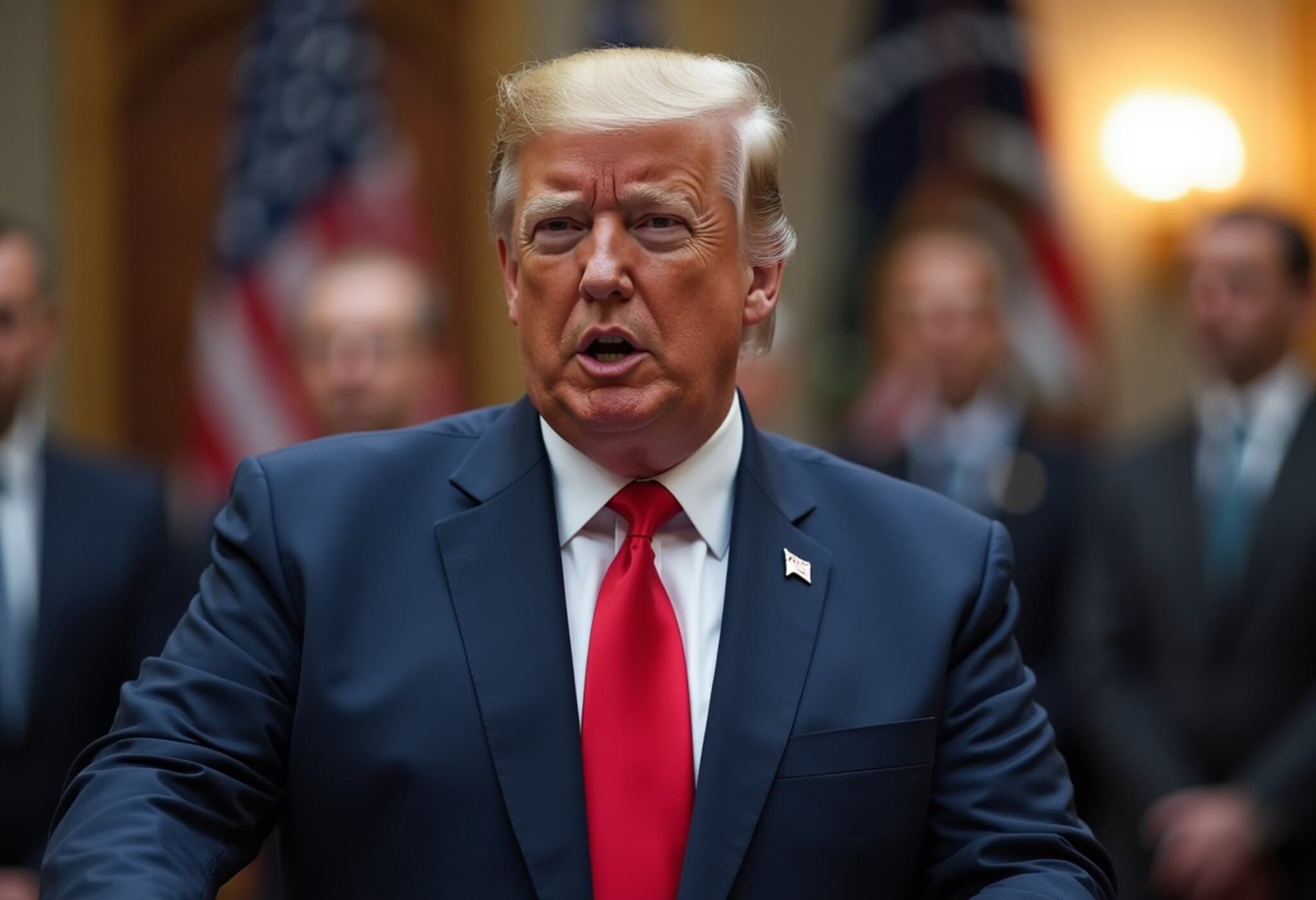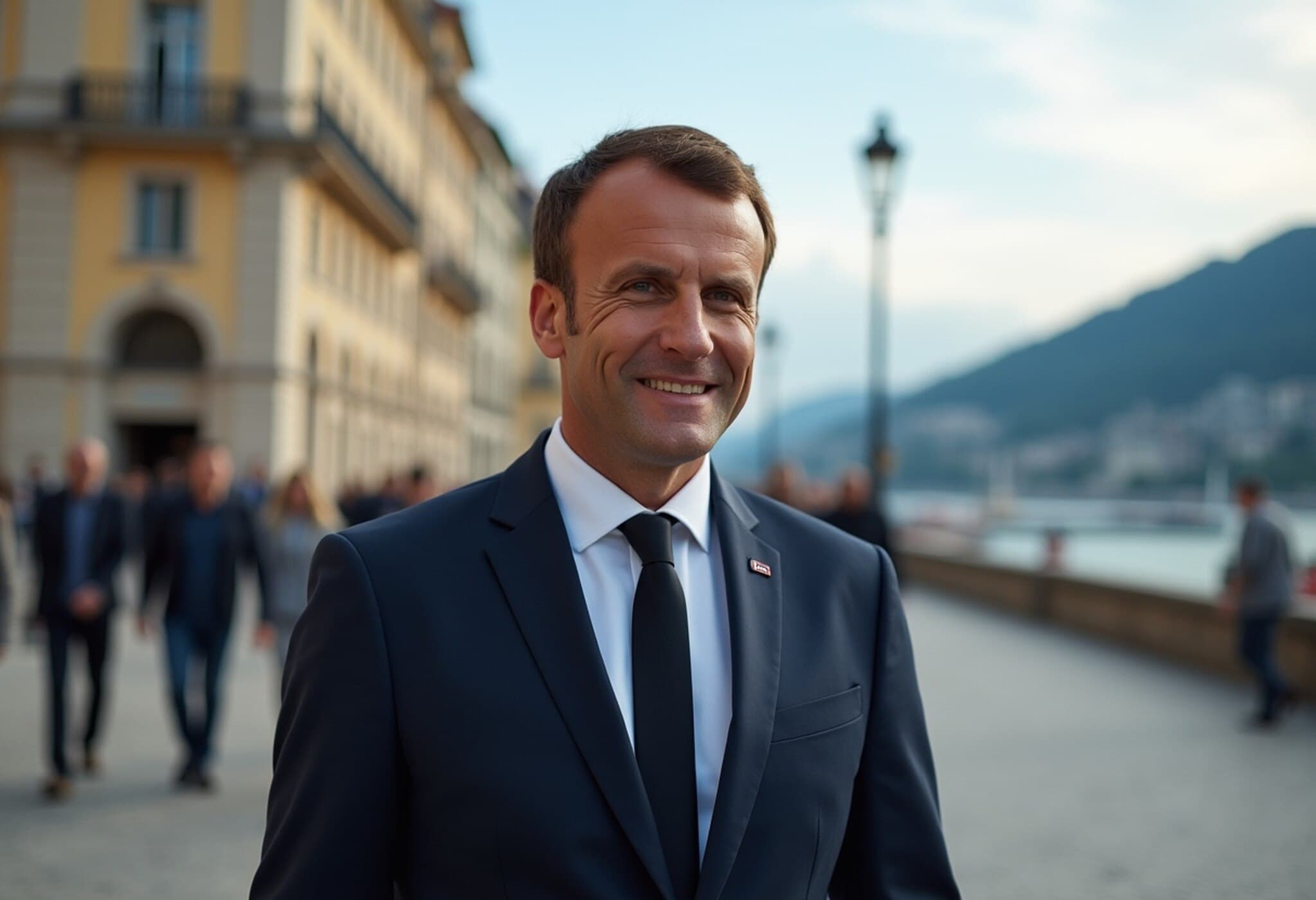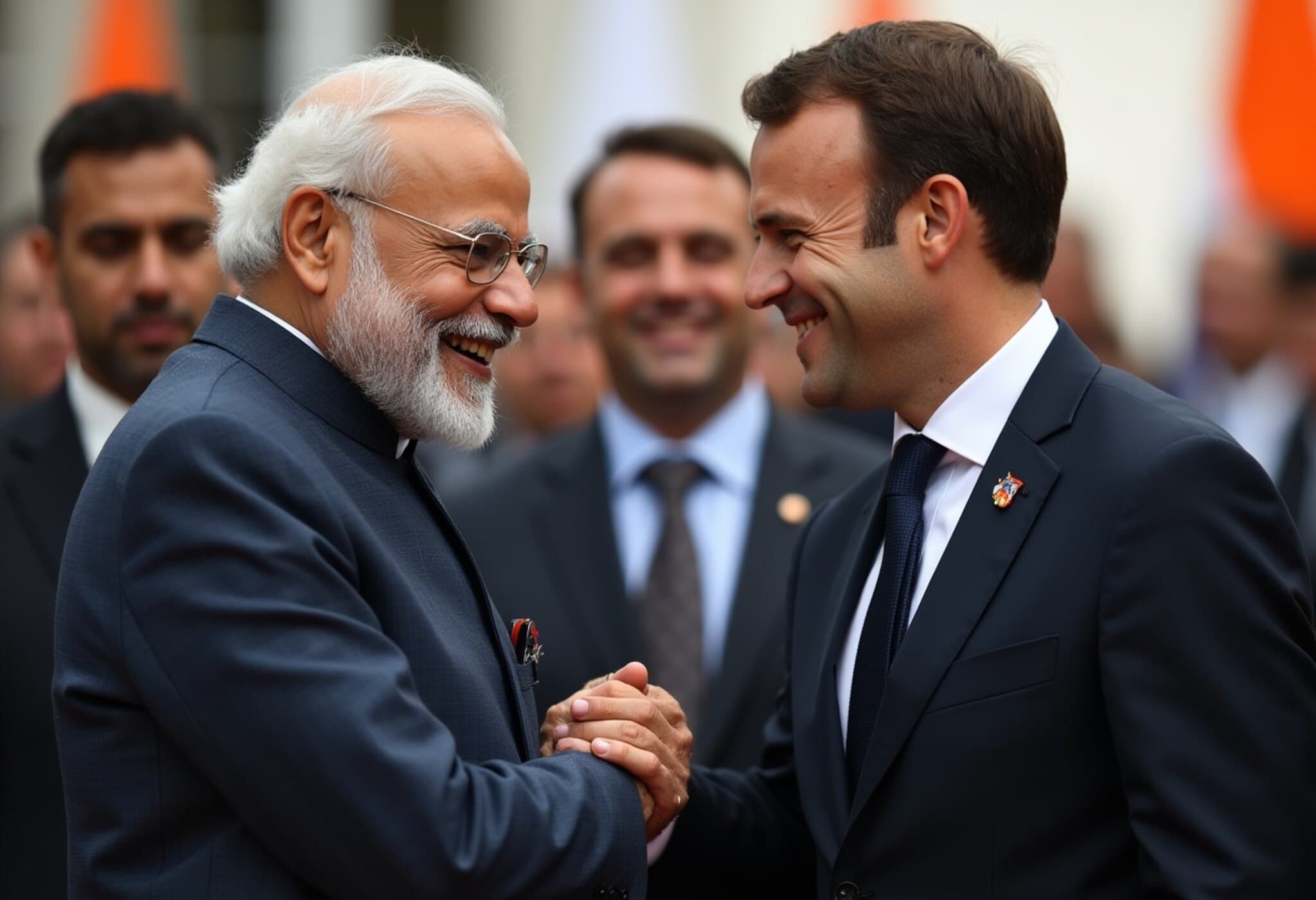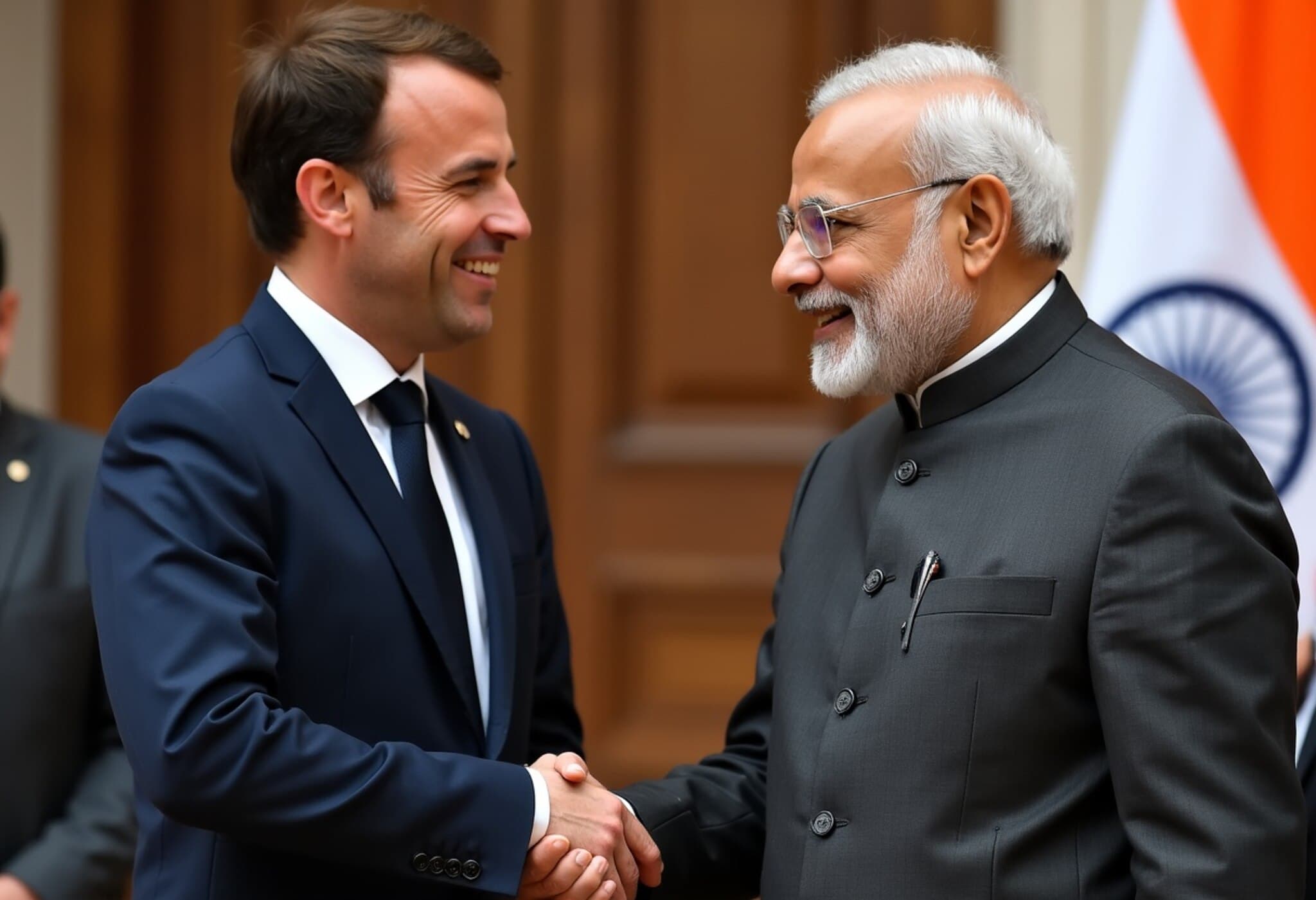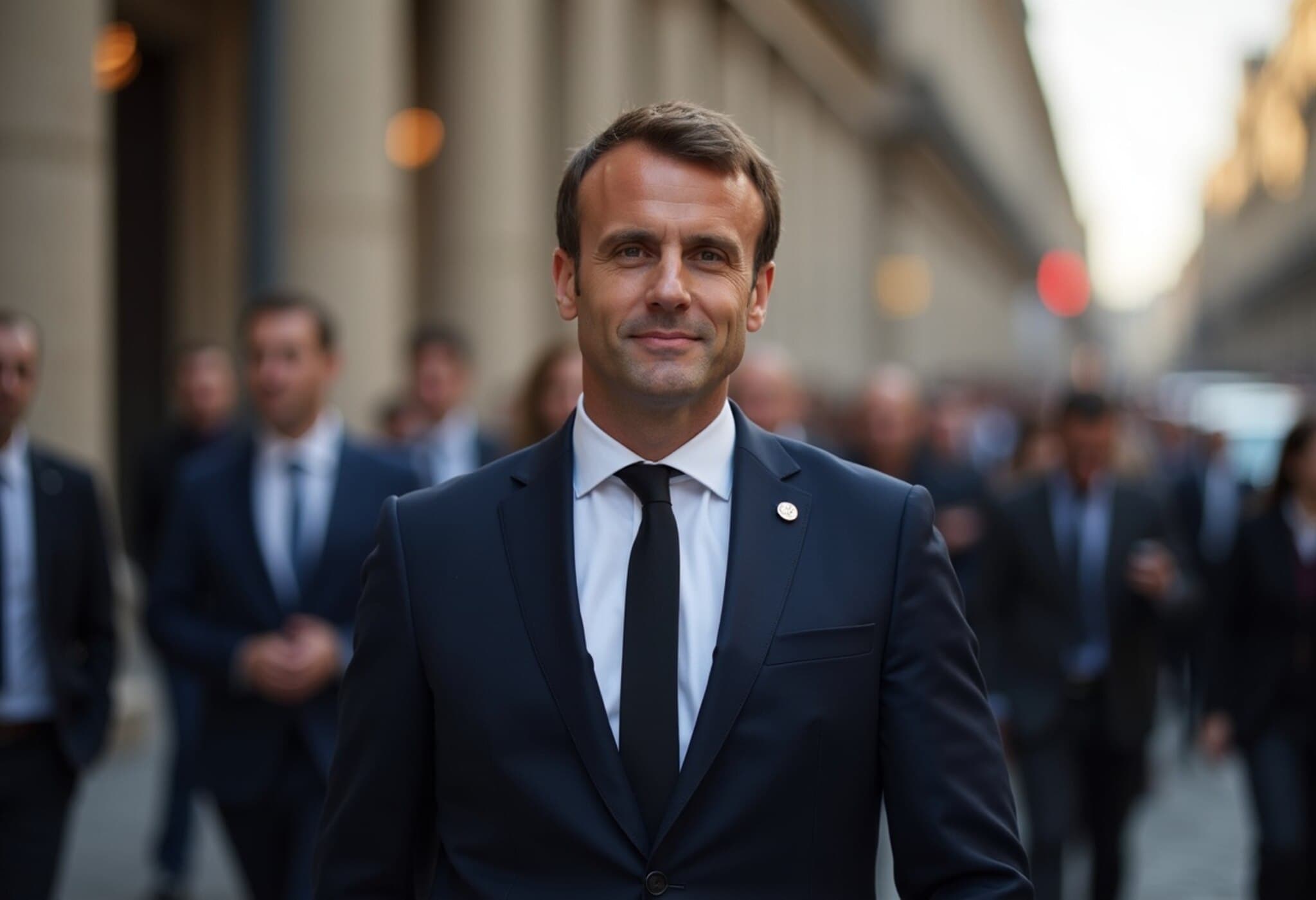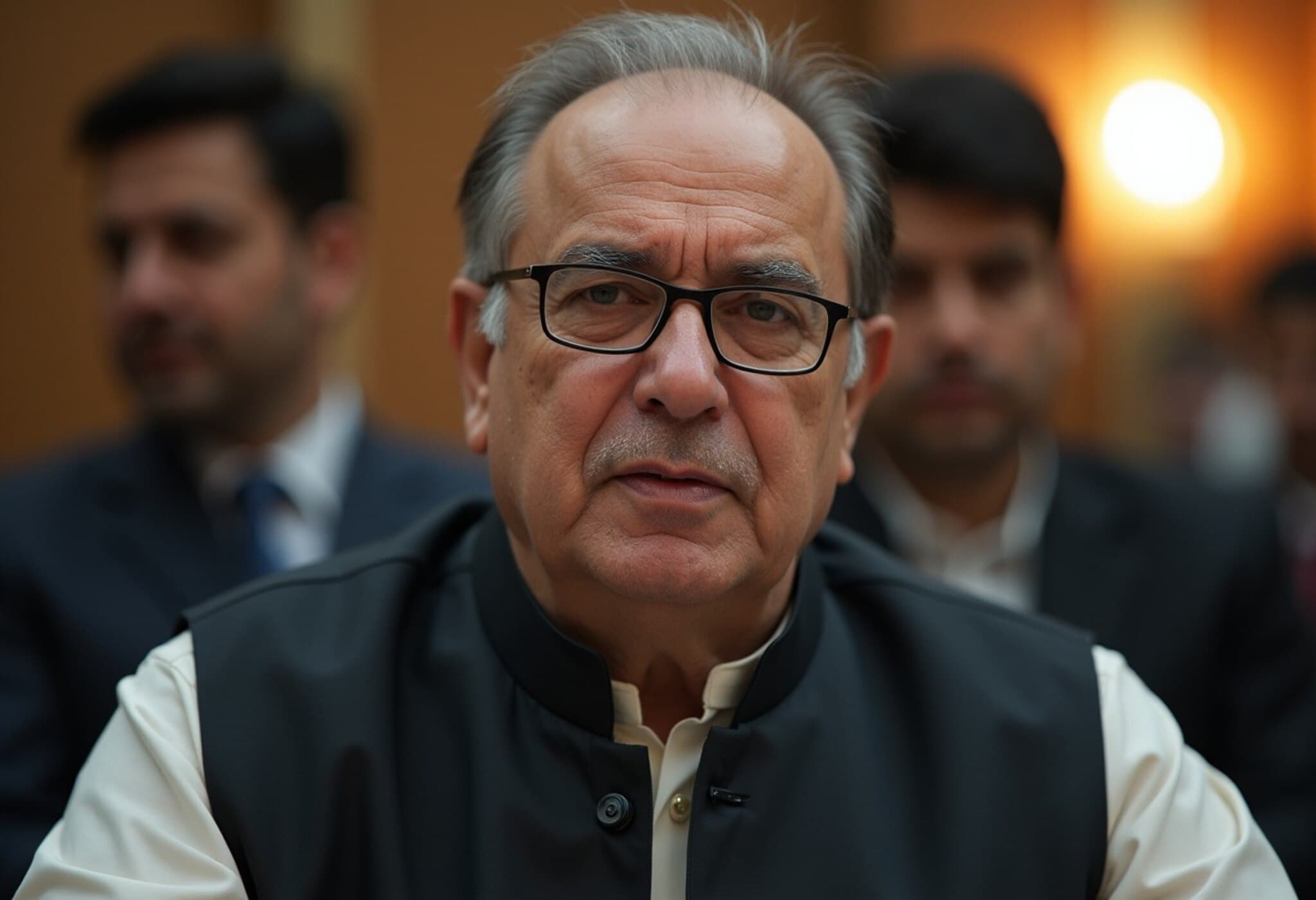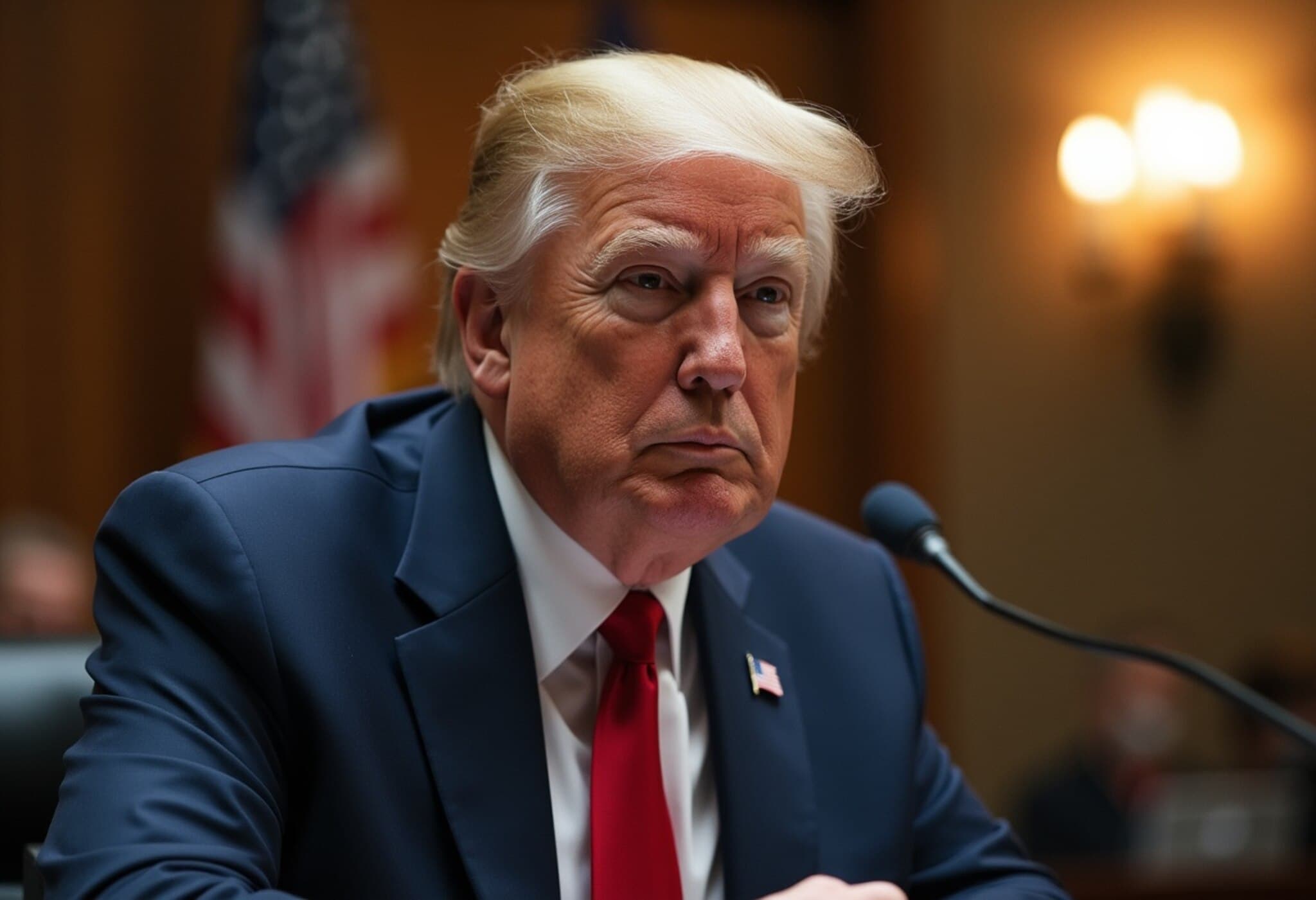French President Emmanuel Macron and Wife Brigitte File Defamation Lawsuit Against Candace Owens
In a high-profile legal move, French President Emmanuel Macron and his wife, Brigitte Macron, took the rare step of suing American right-wing podcaster Candace Owens, accusing her of persistent and damaging falsehoods. The lawsuit, filed in Delaware Superior Court on July 23, 2025, alleges that Owens deliberately spread defamatory claims that Brigitte Macron "is in fact a man," among other fabrications, to boost her online notoriety and generate financial gain.
Details of the Defamation Claims
According to the complaint, Owens has promoted these falsehoods since March 2024 as part of an eight-episode podcast series titled "Becoming Brigitte", coupled with social media posts on the platform X (formerly Twitter). The Macrons contend that Owens ignored overwhelming evidence disproving her claims, instead choosing to amplify conspiracy theorists and known defamers to fuel her audience’s frenzy.
The complaint further reveals a troubling pattern of baseless allegations, including accusations that Emmanuel and Brigitte Macron are blood relatives guilty of incest and that President Macron's election was orchestrated by the CIA or other mind-control programs. These claims, the Macrons assert, have caused them profound personal and reputational harm.
Legal Representation and Context
The Macrons have enlisted Chicago-based law firm Clare Locke LLP, renowned for successfully litigating politically charged defamation cases, including those related to the 2020 U.S. presidential election. Tom Clare, a leading attorney with the firm, described the case as "a clear-cut example of defamation."
Macrons’ Response and Intentions
In a joint statement, Emmanuel and Brigitte Macron expressed frustration at Owens’s refusal to retract her damaging statements despite multiple requests from their legal team.
"Ms. Owens' campaign of defamation was plainly designed to harass and cause pain to us and our families and to garner attention and notoriety. We gave her every opportunity to back away from these claims, but she refused," the couple said.
"It is our earnest hope that this lawsuit will set the record straight and end this campaign of defamation once and for all."
Candace Owens’ Reaction: Defending Free Speech
Owens’s spokesperson issued a defiant response, framing the lawsuit as an infringement on First Amendment rights by a foreign government. The statement criticized the Macron administration for attempting to "bully a reporter into submission," insisting that Owens will continue to exercise her rights as an American independent journalist.
Owens herself is expected to address the allegations and lawsuit on her podcast, maintaining her stance against what she terms as governmental overreach.
Expert Commentary: The Intersection of Defamation, Free Speech, and Cross-Border Litigation
This case spotlights the complex interplay between protecting individuals from reputational harm and safeguarding free speech rights in an era of rapid digital dissemination. Legal analysts point out that defamation lawsuits involving international figures and American citizens often raise jurisdictional challenges and touch upon diplomatic sensitivities.
The choice of Delaware Superior Court leverages the state's established reputation for handling corporate and civil litigation efficiently, while also underscoring the seriousness with which the Macrons view the alleged defamation. Moreover, legal experts emphasize the broader policy implications for journalists, podcasters, and influencers operating in the cross-border digital ecosystem.
Why This Lawsuit Matters
- Reputation Protection: Political leaders globally face misinformation campaigns; this case reinforces accountability.
- Digital Media Responsibility: It raises questions about ethical boundaries in podcasting and social media commentary.
- First Amendment Boundaries: Balancing free speech with responsibilities when statements cause tangible harm.
What’s Next?
The lawsuit seeks monetary damages to be determined at trial, but more importantly, it represents an effort by the Macrons to uphold integrity and demand truthfulness in public discourse. As the case unfolds, it could set precedents influencing how defamation claims are addressed between global public figures and U.S.-based media personalities.
Editor’s Note
As misinformation proliferates across digital platforms, the Macron-Owens lawsuit highlights the urgent need to reconcile free speech with factual accuracy — especially when claims have international reverberations. Will this legal action prompt podcasters and content creators to adopt more rigorous standards, or will it deepen debates around censorship and journalistic freedom? Readers are encouraged to critically assess the delicate balance between holding public figures accountable and preserving vibrant, open expression in democracies.

